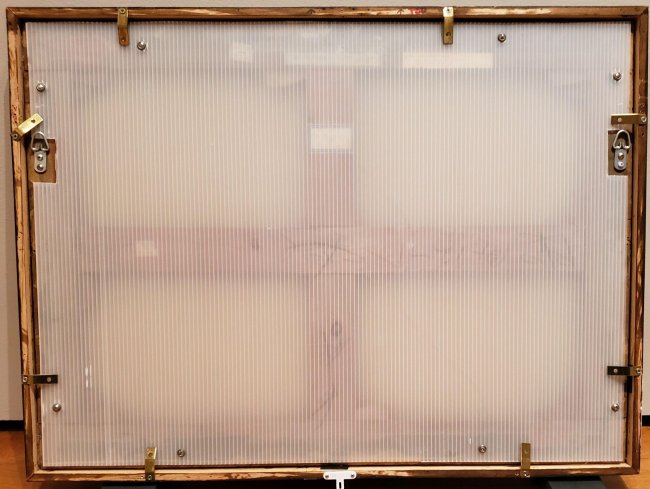Unpacking Provenance: Thinking & Writing Object Histories

Unpacking Provenance: Thinking & Writing Object Histories
February 19 10am-5pm, and 20th, 9-6pm, Neubauer Collegium Seminar Room
Prof. Lynn Rother with Dr. Max Koss, Leuphana Universität
This hands-on workshop introduces participants to the theoretical and practical dimensions of object provenance. Traditionally, provenance is an instrument of the art market, a kind of "pedigree" intended to prove the authenticity and attribution of artworks by listing famous previous owners. Today, these logbook-like lists are used by researchers, journalists, claimants and activists to identify objects which were looted during the Nazi-era or during colonialism, for example. So what does it mean to write provenances today? What is recorded as object history and what is not? Over the course of two days, participants will look in depth at the process of creating a provenance document from scratch. In particular, students will learn how to translate an often incomplete and sometimes contradictory historical archive of an object's past into a structured, formalized document.
This workshop is now full.